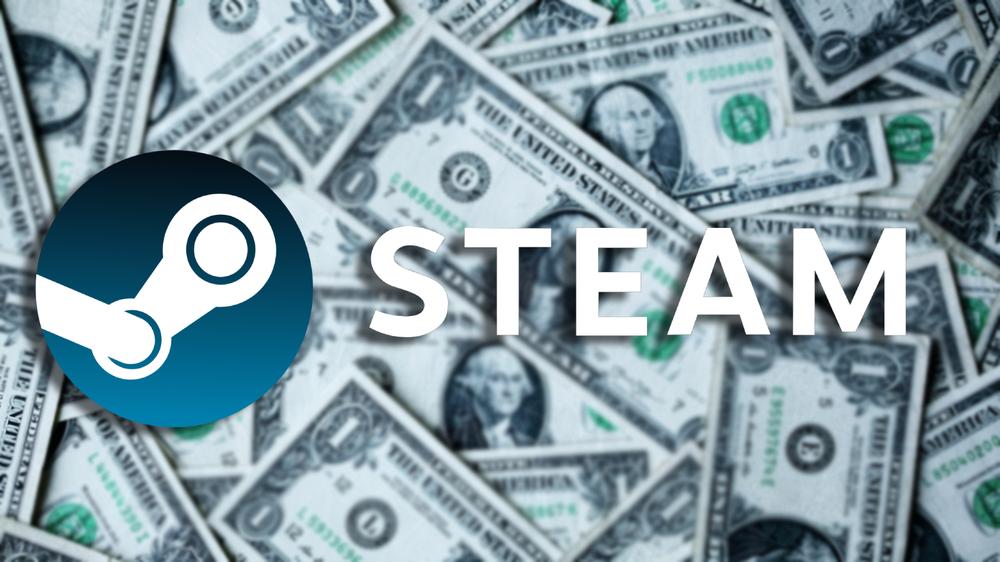Does Valve hold a monopoly on the PC games market with Steam? 72% of game developers think so, according to data from a survey of 306 industry executives.
When Steam launched in 2003, it originally catered to Valve’s own video games like Counter-Strike and Team Fortress. In 2005, however, the view expanded as titles from other developers were pushed on the digital storefront.
In the two decades since, Steam has become a largely uncontested force in the PC games market. Others have certainly tried, be it EA with Origin, Ubisoft with Uplay, Blizzard with Battle.net, and many more over the years, but Steam has remained ahead of the pack.
So how do game developers feel about Valve’s power in the space? Well, according to data from a survey of 306 game industry executives, the majority of them believe Steam holds a monopoly.
72% of game devs claim Steam holds a monopoly
Atomik Research conducted a survey in May, 2025 that has since been circulated by PC distribution platform Rokky (per Games Industry Biz). In the study, titled ‘The State of PC Game Distribution,’ 306 executives spanning the UK and the USA were asked a number of questions on the current market.
For context, 77% of those surveyed came from studios with more than 50 employees, so we’re looking at responses mostly from AAA studios. Of those contacted, 72% of them believe Steam does indeed have a monopoly on the PC games market.
While alternatives exist today, be it the Epic Games Store or even GOG, with 48% of those surveyed having released games across multiple storefronts, they view Steam as the top dog by a considerable margin.
Over time, Steam has accrued the largest install base among PC gamers, meaning games released elsewhere have a much smaller potential audience. In other words, not releasing on Steam can drastically hinder possible sales.
Valve certainly makes a pretty penny from those sales too, as leaks from earlier this year revealed the platform’s whopping growth. Back in 2009, Steam reportedly generated roughly $100 million in commission revenue, money made from sales on the platform.
In 2021, that figure reportedly grew to a mammoth $2 billion in commission revenue.

 Amazon sends legal threats to Perplexity over agentic browsing
Amazon sends legal threats to Perplexity over agentic browsing